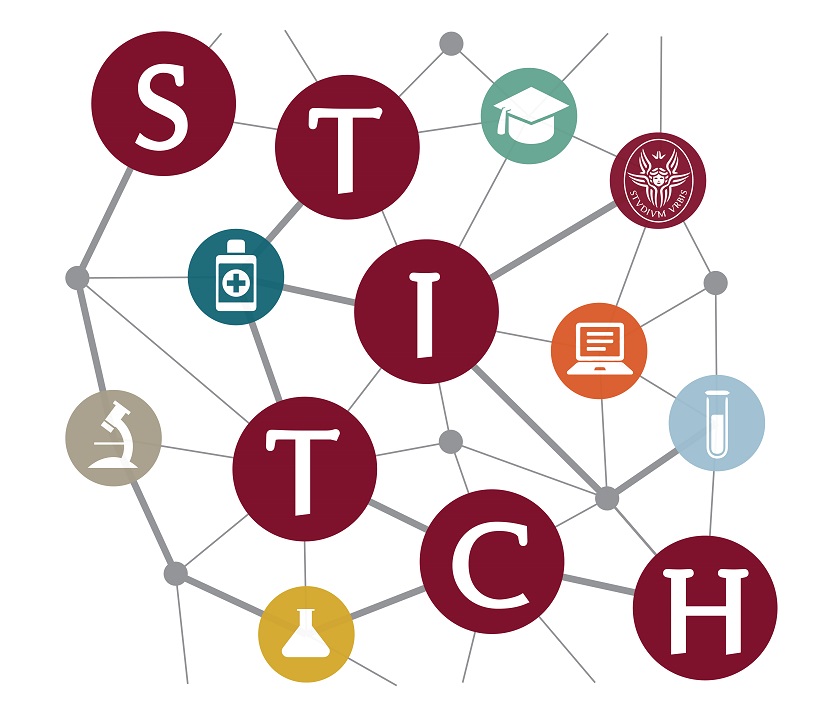Innovative Diagnostic Imaging
Concept. Diagnostic imaging holds a fundamental and essential role in current healthcare systems. Advanced technologies such as Magnetic Resonance Imaging (MRI) and Computed Tomography have joined conventional radiological modalities in the daily clinical routine. In particular, these techniques can now benefit from the implementation of tools for computational image analysis, thereby allowing the extraction from raw imaging data of an unprecedented quantity of information that could would not be accessible by simple visual inspection. Some of the tools and protocols that we, as radiologists and researchers, use every day to obtain the most from medical imaging are standardization of acquisition, post-processing and reporting, quality control of acquired images, quantitative analysis based on artificial intelligence and next-generation algorithms.

The arrow shows the evolution of imaging from a simple qualitative approach to Artificial Intelligence
Our mission is to deliver outstanding high-level medical imaging for our patients by leveraging state-of-the-art technologies.
We are fully committed to both basic and clinical research in medical imaging, with the goal of advancing the field of imaging through the use of cutting-edge technology. As such, we are involved deeply in the investigation of the potential roles that artificial intelligence could hold in medical imaging. Next-generation algorithms based on machine learning and deep learning have found their way in many fields of application as the most important tools for analyzing imaging and complex data, therefore their implementation in medical imaging is of the outmost interest. Possible implementation being investigated include optimization of acquisition protocol, automated quality control, improvement in image quality, automated image triage, automation of repetitive tasks during reporting, just to mention a few.
The impact of imaging with big data and algorithms changed clinical workflow

Oncological imaging offers numerous applications ranging from early diagnosis to assessment of treatment response. In addition, with the advent of precision medicine in oncology, imaging present now countless new opportunities that allow a more tailored approach to diagnosis, characterization, treatment choice and prediction of treatment response. Novel computational tools such as artificial intelligence and network science allow us to leverage the information embedded in medical images to ease characterization and stratification of cancer, thereby enabling appropriate targeted therapies to be selected according to the specific molecular phenotype of the patient’s disease. With regards to early diagnosis, prostate cancer and breast cancer are the most relevant diseases of interest, given their extremely high prevalence.
➡️ Click on the icons below to learn about specific innovative applications of diagnostic imaging









